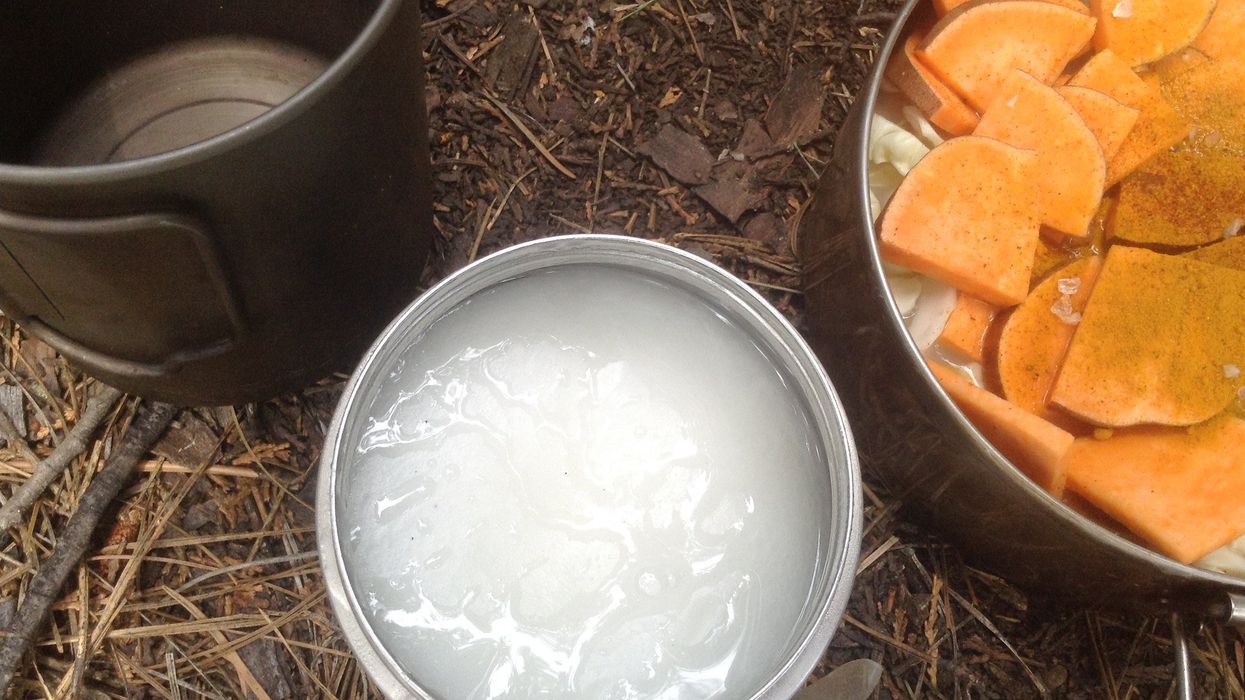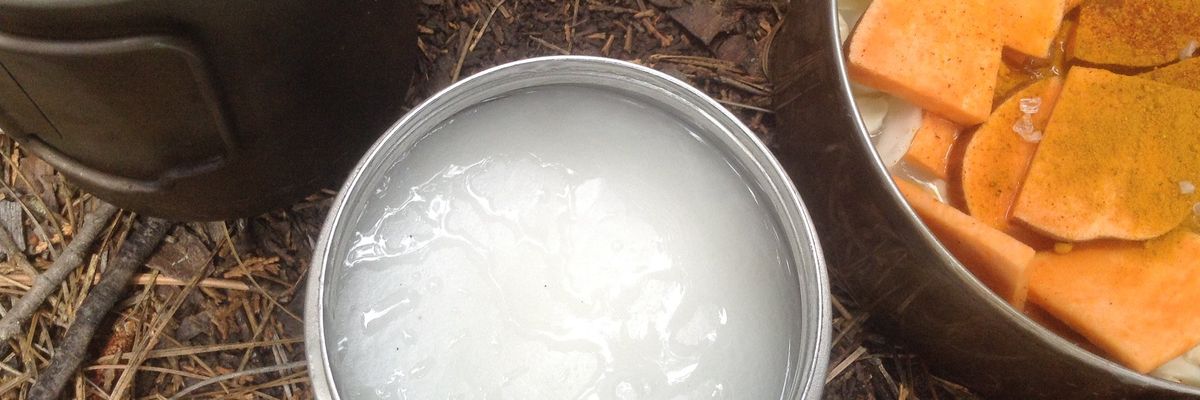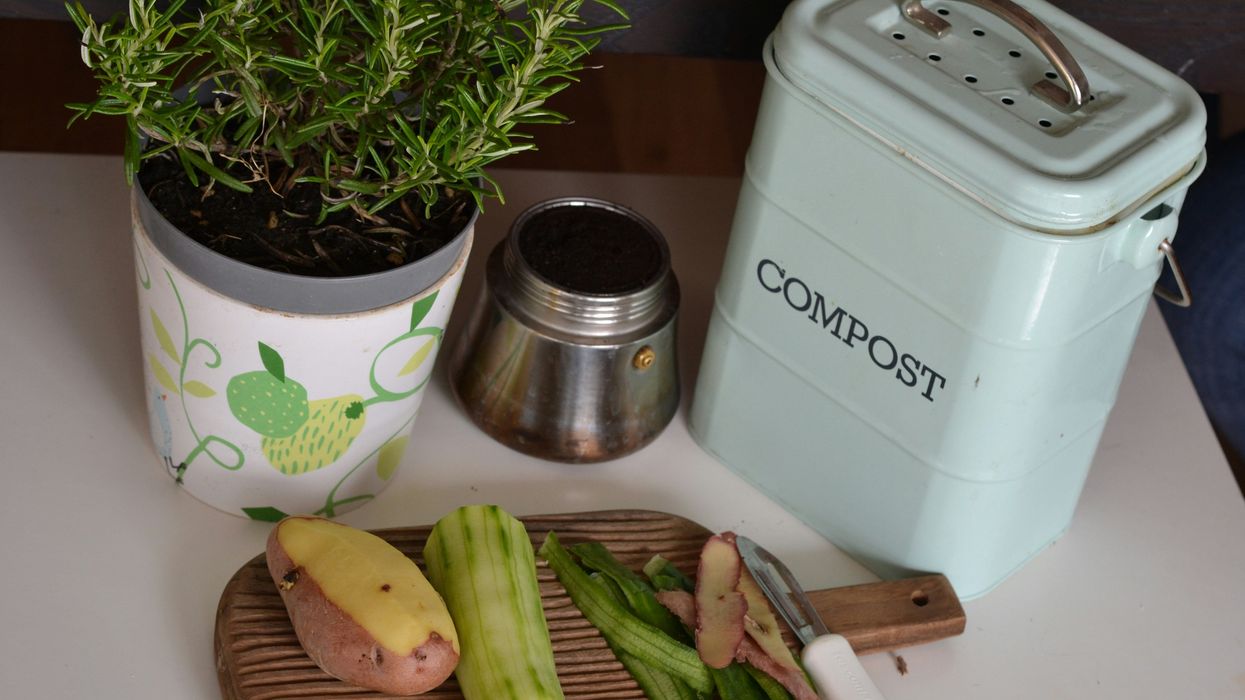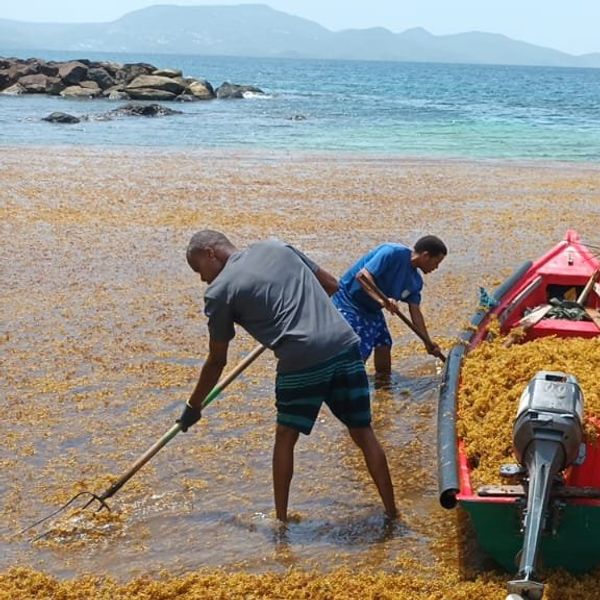Seven popular coconut oils recently tested have detectable levels of phthalates, according to a new report from Mamavation.
Partnering with EHN.org, Mamavation — an environmental wellness blog and community — had seven coconut oils tested by a U.S. Environmental Protection Agency-certified lab and found levels of phthalates ranging from 134 parts per billion to 1,331 ppb.
The testing comes on the heels of similar testing last month from Mamavation that found 13 olive oils tested by the same U.S. Environmental Protection Agency-certified lab had levels of phthalates ranging from 655 parts per billion to 6,092 ppb.
While the good news is the coconut oil phthalate levels are lower than what was found in olive oils — four of the seven coconut oil brands had levels lower than 400 ppb — the results are still concerning as phthalates are linked to hormone disruption, fertility impacts, low birth weights, obesity, diabetes, some cancers, brain and behavioral problems, and other health issues.
The chemicals are found in plastics, toys, personal care products such as lotions and deodorants, and other products. They’re also increasingly found in foods — Consumer Reports testing earlier this year found phthalates, often in high levels, in sliced peaches, pizza, canned salmon, protein milkshakes, yogurts, fast food burgers, and even organic some foods.
While the U.S. Consumer Product Safety Commission restricts certain phthalates in children’s products, those same phthalates are approved as additives in foods by the U.S. Food and Drug Administration (FDA). In 2022, the FDA rejected two petitions calling for the removal of 28 phthalates from food use and contact.
“It is simply deplorable to now learn that Mamavation is finding endocrine-disrupting phthalates in coconut oils. I use coconut oil as a butter substitute, which I purchase thinking that it will be better for health than butter. And I feed it to our pets to improve their skin and coats. It’s so disappointing to learn that my good intentions may be doing more harm than good,” Terrence Collins, Teresa Heinz Professor of Green Chemistry and Director of the Institute for Green Sciences at Carnegie Mellon University, told Mamavation.
It is unclear why or how the phthalates are getting into coconut and olive oils, however, it could come from a variety of manufacturing, storage or packaging processes as the chemicals can be found coating food contact materials, in packaging plastic or PVC, lubricants, and other products.
Which coconut oils contained phthalates?
Mamavation found evidence of phthalates in popular coconut oil brands including Crisco, Garden of Life and Nutiva.
To see the full list of which coconut oils had phthalates, check out the report at Mamavation.
And check out the ongoing effort by Mamavation and EHN.org to identify PFAS in common consumer products. Follow our PFAS testing project with Mamavation at the series landing page.
- Get phthalates, parabens out of the bathroom drawer to reduce breast cancer risk: Study ›
- Phthalate chemicals found in popular olive oils ›

























